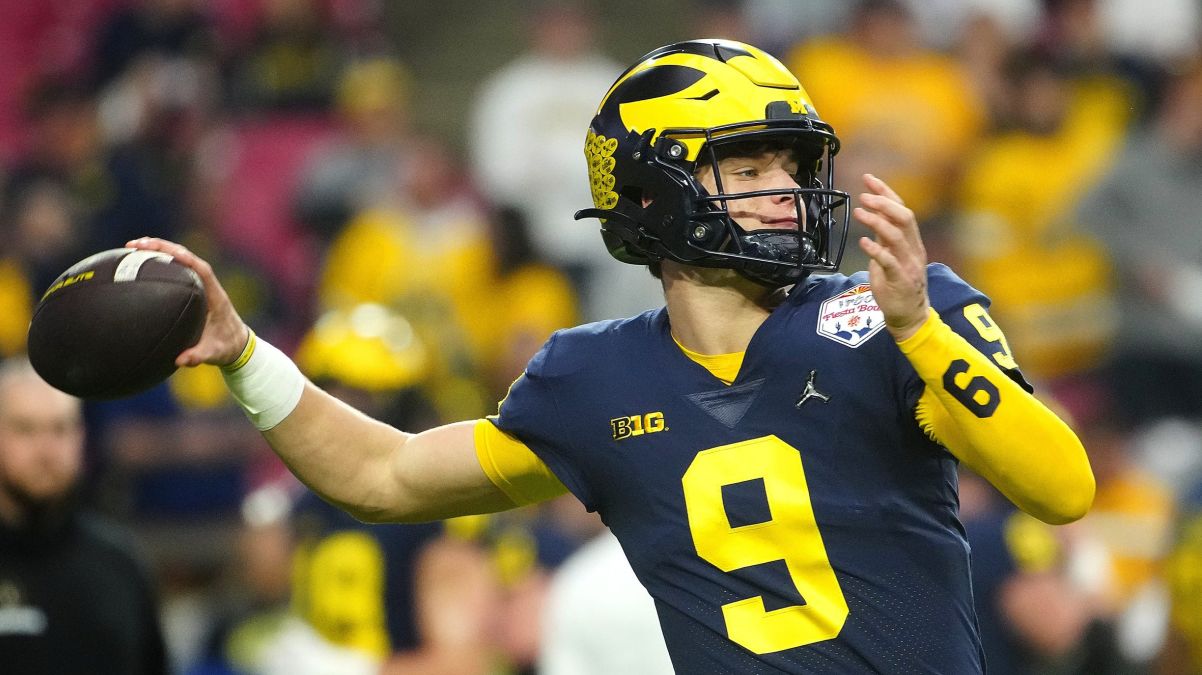So much mental energy goes into a job interviewee’s role when you’re finally face-to-face talking about a new position. In addition, so much mental energy goes into the interview before and after: What do you wear? What if you’ve been let go from a previous job and it comes up? What if you don’t have a five-year plan?
Point is, sometimes we forget about the interviewer’s job in a job interview, which is to keep things on track and focused on the task at hand. You want to give the candidate ample time to represent themselves and address your questions and also the opportunity to raise whatever questions/concerns they have about the company, the position and the future of both.
According to a recent Wall Street Journal piece:
Hiring managers can commit a litany of sins, such as interrupting interviews to answer phone calls, failing to take notes, acting bored or distracted, bad-mouthing their own companies, bullying applicants, or asking "gotcha" questions for no reason at all, say human-resources consultants.
And as I’ve written here before, making hiring decisions based on inadequate interviews can have a litany of unseen costs. The gist of this is that job interviewing is a skill. It’s sometimes why HR people interview for roles and why managers aren’t really all that great at it. It’s OK. But a boss should be involved in some capacity because, well, what if the new hire shows up and doesn’t get along or vibe at all? That’s a problem.
That same Wall Street Journal article touches on a growing trend: “Companies are bringing in coaches and launching training programs to boost managers’ interviewing skills.” Such training can run from $3,500 to $30,000 and can have a myriad of benefits — assuming you’re willing to go along with it and decide to fully invest not just the money but also the time to improve at interviewing.
I’ve been on both sides of the table and have also done tandem job interviews. On the latter, I mean interviews where I was suddenly unexpectedly speaking to four or five managers or when I called someone into the conference room to talk to a candidate I was considering. Sometimes you can brush up on the basics -- having copies of the résumé on hand, actually listening to all responses, etc. -- but it's OK if you're at a loss what to do otherwise.
Local
We aren’t Swiss army knives, as much as we’d like to be. Some people are better at interviewing than others. Listening is something we aren’t taught blatantly, it’s a skill we expect people to develop passively. Well, when we spend most of our time behind a number of screens, guess what? We, as a larger group, have gotten somewhat weaker at connecting personally. There are ways to fix it, and a small lump sum today for training is a lot savvier than accidentally hiring a string of people who aren’t a good fit.
But to start, give this WSJ piece a read.

David Wolinsky is a freelance writer and a lifelong Chicagoan. In addition to currently serving as an interviewer-writer for Adult Swim, he's also a comedy-writing instructor for Second City. He was the Chicago city editor for The Onion A.V. Club where he provided in-depth daily coverage of this city's bustling arts/entertainment scene for half a decade. When not playing video games for work he's thinking of dashing out to Chicago Diner, Pizano's, or Yummy Yummy. His first career aspirations were to be a game-show host.



